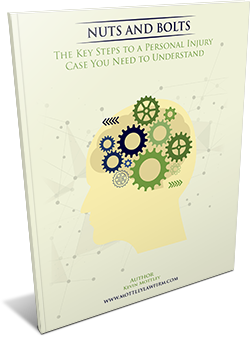When a person intentionally “interferes” with another person’s prospective business opportunities, the situation may rise to the level of an intentional tort called tortious interference with business expectancy. Grounds for a civil lawsuit may exist. (A “tort” is a wrongful act or infringement of a right, other than a breach of contract, leading to civil legal liability.) This tort is also commonly referred to as tortious interference with contract expectancy, prospective business relationship, or economic advantage. The idea behind the tort is that it is wrong for a person to wrongfully interfere with a business opportunity that another person, through their own hard work and ingenuity, has developed.
Elements of Tortious Interference
A Tortious interference with business expectancy occurs when the following elements are found in a case: (1) a contract expectancy, prospective business relationship, or economic advantage existed between the plaintiff and some other third party, (2) the defendant knew about it, (3) the defendant used improper methods to interfere with it, (4) the defendant intended to interfere with it, (5) it was reasonably certain that it would have continued in the absence of the defendant’s interference, and (6) the defendant’s interference caused damage to the plaintiff. When these ingredients are present, a party may have a claim for tortious interference with business expectancy under Virginia law.
Tortious interference with business expectancy cases are tough cases to win and are often very complex. In particular, proving that the defendant knew about the expectancy, intentionally interfered with it, and engaged in “improper methods” to interfere are difficult to prove.



